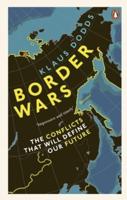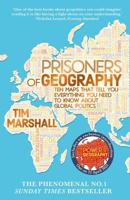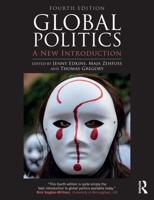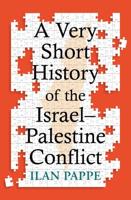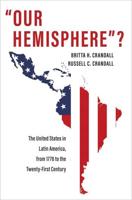Publisher's Synopsis
This book is the first to explore Israeli-Turkish relations during the 1980s, a decade often overlooked due to the absence of formal diplomatic ties. Although Turkey appeared to distance itself from Israel, this book examines how Cold War-era ontological security concerns played a key role in improving bilateral relations behind the scenes. These ontological fears included Turkey's potential departure from NATO and its increasing efforts to combat international terrorism.Divided into three sections, the book attributes the strengthening of Ankara-Jerusalem ties in the 1980s to the Israeli MFA's efforts to support the denial of the 1915 Armenian Genocide in international forums. It presents case studies of four distinct episodes and examines the diplomatic manoeuvring involved.Drawing on declassified records from Israeli and American archives, along with 30 oral interviews with Israeli, Turkish and Armenian officials, the book demonstrates that Israeli-Turkish relations during the late Cold War were shaped not only by the 1979 Islamic Revolution in Iran but also by Turkey's September 1980 military coup, Turgut Özal's leadership, Turkey's 1987 application to the European Economic Community and other key developments in Turkish politics and foreign policy. Taking an interdisciplinary approach, Eldad Ben Aharon also reveals how the 1980s marked the establishment of international norms on genocide recognition and memory, with the Holocaust emerging as the gold standard for understanding human-rights violations, while the Armenian Genocide remained contested and relegated to a weaker, secondary norm.



